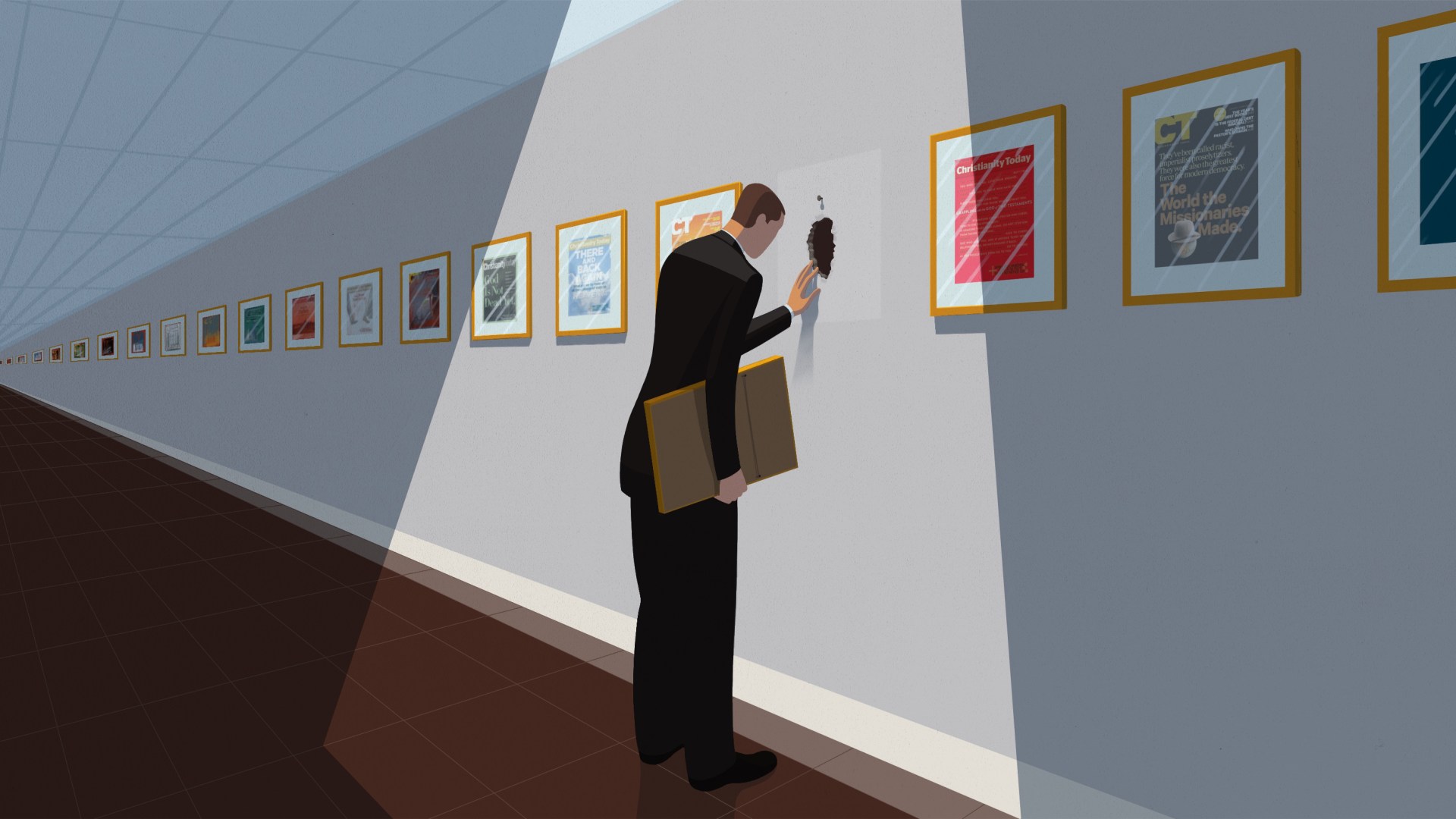In many traditions, the weeks leading up to Christmas are considered a season of self-examination and repentance. At Christianity Today, this period of reflection comes after the November online release of our complete archives, encompassing every issue of CT since the magazine first published on October 15, 1956.
This is a cause for gratefulness to God; so many articles and editorials ring true today. For example, we advocated creation care at the outset of the modern environmental movement, decades before climate change became a national conversation. Note the April 23, 1971, editorial: After arguing biblically that “to fail to respect life and all other environmental resources is to demean creation and to violate biblical principles of stewardship,” the editorial concludes with a bracing word:
The task is staggering. We are talking here of terracide, the stupid, senseless murder of the earth, man’s killing himself by killing the environment on which he depends for physical life. Were Christians of today to take on the challenge of persuading men to change, they would be performing the greatest work in the Church’s history.
Among my other favorites: a few articles on Karl Barth’s theology, many by Geoffrey Bromiley, translator of Church Dogmatics; an interview with French theologian Jacques Ellul; and a 1958 symposium, “Theologians and the Moon,” in which Barth, C.S. Lewis, Paul Tillich, F.F. Bruce, and Carl Henry, among others, weigh in on how “recent developments in astronautics” affect Christian faith.
There are also moments that make an editor in chief wince. Nine (mostly anti-communist) articles by FBI director J. Edgar Hoover, who we later learned seriously abused his power, especially in his underhanded attempts to blackmail Martin Luther King Jr. and derail the civil rights movement.
And on the civil rights movement, our track record is checkered at best. In our better moments, we said things like:
There are wrongs in the land, and the church had best be the Church, and cry against them; there is no biblical mandate to preserve the shaggy status quo. Community tolerance of violence; forced segregation in public transportation; tactics of fear and intimidation; snobbishness that looks down upon Negro Christians …these factors suggest the deep need for soul-searching and repentance in the churches.
But the same March 1957 issue featuring that unsigned editorial included an article by scholar E. Earle Ellis defending segregation, meant apparently to appease Southern evangelicals:
The essential point is that the people who must live in the situation are convinced, for reasons sufficient for them, that integration will be destructive of their society, ultimately evil rather than a good. … And they are confident that, where white and black races lived together in considerable numbers, the concept of a dual society applying a principle of segregation in varying degrees … will, when directed by Christian conscience, provide the more equitable and harmonious relationships.
Clearly, we were naïve about the ugly realities of segregation, and how little it was or could be realistically “directed by a Christian conscience.” In that era, we consistently argued that racism would never end without the spiritual transformation of each individual’s heart. That was and remains true enough. But we were completely ignorant about the nature and stubbornness of structural injustice. We worried how “forced integration” would impinge upon the freedom of individuals (mostly, the freedom of whites) without recognizing that segregation already denied freedom to millions of African Americans.
In short, during this crucial era of American history, CT did not lead as much as reflect the moral ambiguity and confusion of that era’s white evangelical churches. Though today we champion racial justice as a vital component of Christian discipleship, we must acknowledge and repent of this part of our history.
On the topic of race, the majority of letters from CT readers in these years was overwhelmingly critical of our waffling—a reminder of how dependent we are on readers to hold us accountable to biblical truth. So we continue to look not only to our Lord to reprove those whom he loves, but also to our readers who we hope will gently correct us in love when necessary.
Mark Galli is editor in chief of ChristianityToday.
Have something to say about this topic? Let us know here.
See also Paul de Vries’s response to this editorial:











